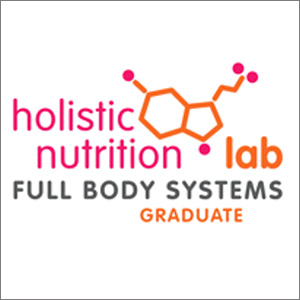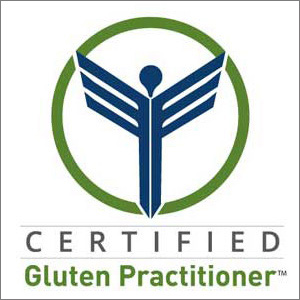 Did you know that up to 50% of people with Celiac disease have multiple nutritional deficiencies?
Did you know that up to 50% of people with Celiac disease have multiple nutritional deficiencies?
This holds true as much as ten years post diagnosis!
And this doesn’t even include those who are merely gluten-sensitive (as opposed to Celiac) or allergic to other foods, such as dairy, nuts or eggs.
Yet, I know from personal experience, that it is, in fact – true.
One thing about being gluten-free, or following any kind of special, medically prescribed diet, is that you may not be getting the nutrients you need.
So, you definitely want to make sure you are!
How do you know where you stand, nutrition-wise?
Take time to review each of the following, and you will have a better idea of your present habits, and what likely needs a bit of work.
Eat a High Quality Diet
Hands down, good health begins with a whole foods diet.
That means plenty of vegetables, fruit, and nuts and seeds, plus whole grains and legumes.
For protein, you want to rely on free-range poultry, grass-fed meat and wild caught fish.
In other words, the purer your diet, the better off you will be.
Limit highly processed foods as much as possible.
It’s unfortunate, but true, that gluten-free baked goods, as tasty as they might be, are usually very low on nutrition – and highly processed.
One reason is because gluten-free foods are rarely fortified.
Which means that, the gluten-free breakfast cereal you eat every morning – unlike the fortified, whole-wheat flakes you may have eaten in the past – may not measure up.
From a nutrition standpoint, that is.
Take Supplements
It’s really important to supplement your diet!
One of the main side effects from being Celiac or gluten intolerant, is that your body doesn’t properly absorb nutrients.
And you end up malnourished – no matter how healthy a diet you’ve been eating!
How discouraging is that?
The easiest way to make up for those missing nutrients, is of course, to take supplements.
There are a variety of supplements that are typically recommended – in addition to a good multi-vitamin.
Pay special attention to the ingredients label!
Supplements and medication are one area you need to pay special attention to, as hidden allergens are often in the fillers.
It’s best to meet with your physician or naturopath, to find out exactly which supplements you should be taking.
Plus they’ll recommend a reliable brand.
Meet with a Nutritionist
Better still why not make an appointment with a Nutrionist?
Not only will a good Nutrionist review your present diet with a fine tooth comb, she will also make suggestions on ways to improve.
And then, of course, she’ll recommend the appropriate supplements to balance what may be missing in your diet.
For example, if you’re allergic to dairy – then you not be getting enough calcium from greens alone.
(You’d probably have to eat copious amounts to get anywhere close).
Meeting with a Nutrionist is a little like one stop shopping.
Simply because, she has the knowledge and education to look at the BIG picture, and really dissect everything that you’re eating.
And also give you a pat on the back, for what you’re doing right!
 Follow
Follow


Speak Your Mind